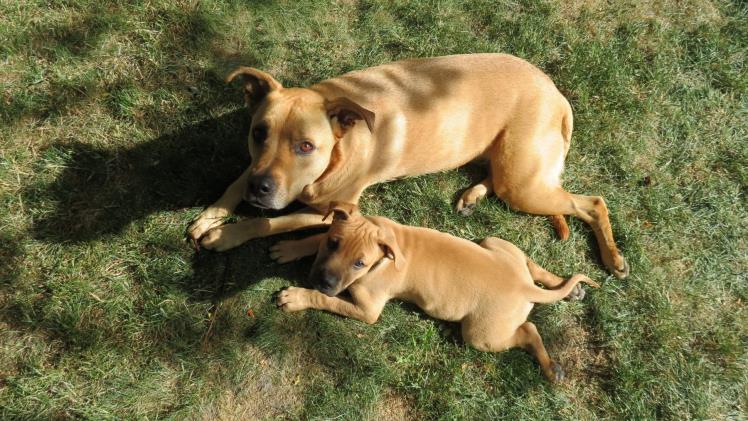Dogs age just as humans do! Still, we are blessed with unique lifespans! You may cherish that day you brought home the cute pup and named him Brandy, though it is hard to admit that your puppy grows old over time and much quicker than you. Your heart may sink as you realise one of you leaves sooner from this world!
Your adorable pup will become old and fragile someday. The dog breed determines how much sooner or later your puppy will show its older age. Well, you can’t stop it, but you have the power to delay it. So we also ask you to spot a few signs that point the needle towards the onset of the aging process. If you want your pet to retire safely into old age, one clever thing for you to do as a pup parent is to purchase affordable pet insurance.
When your puppy junior turns senior, pet health insurance will come to its rescue. Just as it will have in its earlier years, through accidents and illnesses, regular vet visits and more. Regardless, it is always better to start insurance cover early when your puppy hasn’t suffered from any health conditions yet. The reason for this is that insurers don’t cover pre-existing conditions.
We want our pet parents to know spotting aging signs early helps in managing your pet’s health. This article shares the typical signs of aging, so it’s easier for pet parents to identify and find a corrective course of action.
Physical deterioration
Poor Visibility/Cloudy Eyes
Nuclear Sclerosis is a common eye issue in older dogs. It points to eye complaints or is a sign of cataract that is medically treatable. For example, you could identify it if your dog cannot pick objects/toys correctly, is having trouble reaching places, or bumping into things/obstacles often.
Unpleasant Odour
If you sense an unpleasant odour emanating from your dog’s mouth, then get your pet’s mouth examined by the vet. This may be a symptom of an infection, gum disease, tooth decay, or some problem in the oral cavity. It not only weakens your pet’s immune system but can lead to other organ damages if left unchecked. So take your pet for dental cleaning regularly.
Rapid Weight Changes
While obesity points to the probability of developing diabetes, losing weight is no good sign too! Your senior dog may lose weight rapidly because of digestive issues, assimilation troubles, loss of muscle mass, reduced appetite, or for many other reasons. Pay attention to abrupt changes in the body weight so you can find timely assistance with a vet.
Bumps/Lumps
If you notice any bumps or lumps on your pet’s body, take your dog right away to the vet to have it checked for any tumours. Spotting tumours quite early may help to manage the disease with minor complications.
Incontinence
If your dog has difficulty while urinating or has no bladder control, then ask your vet if it’s healthy or does your pet harbour any underlying kidney issues or urinary tract infections. Though the condition can be quite normal for some, your vet may be able to help your pet by suggesting appropriate medications.
Mobility Problems
If you notice any problems with mobility or weakness in your dog’s legs, it may be because of degenerative conditions or arthritis. Meet your vet to chart out an exercise, swimming, and physiotherapy plan to enhance your dog’s energy levels.
You can go some way to combatting all these issues by being a proactive pet parent. These are important reasons dog parents are asked to explore affordable pet insurance policies and purchase pet health insurance, so you can afford to assist your pet companions with high-quality treatment when they get old. So find the best dog insurance plan and buy a policy soon.



